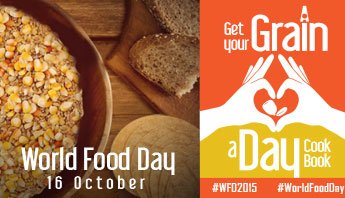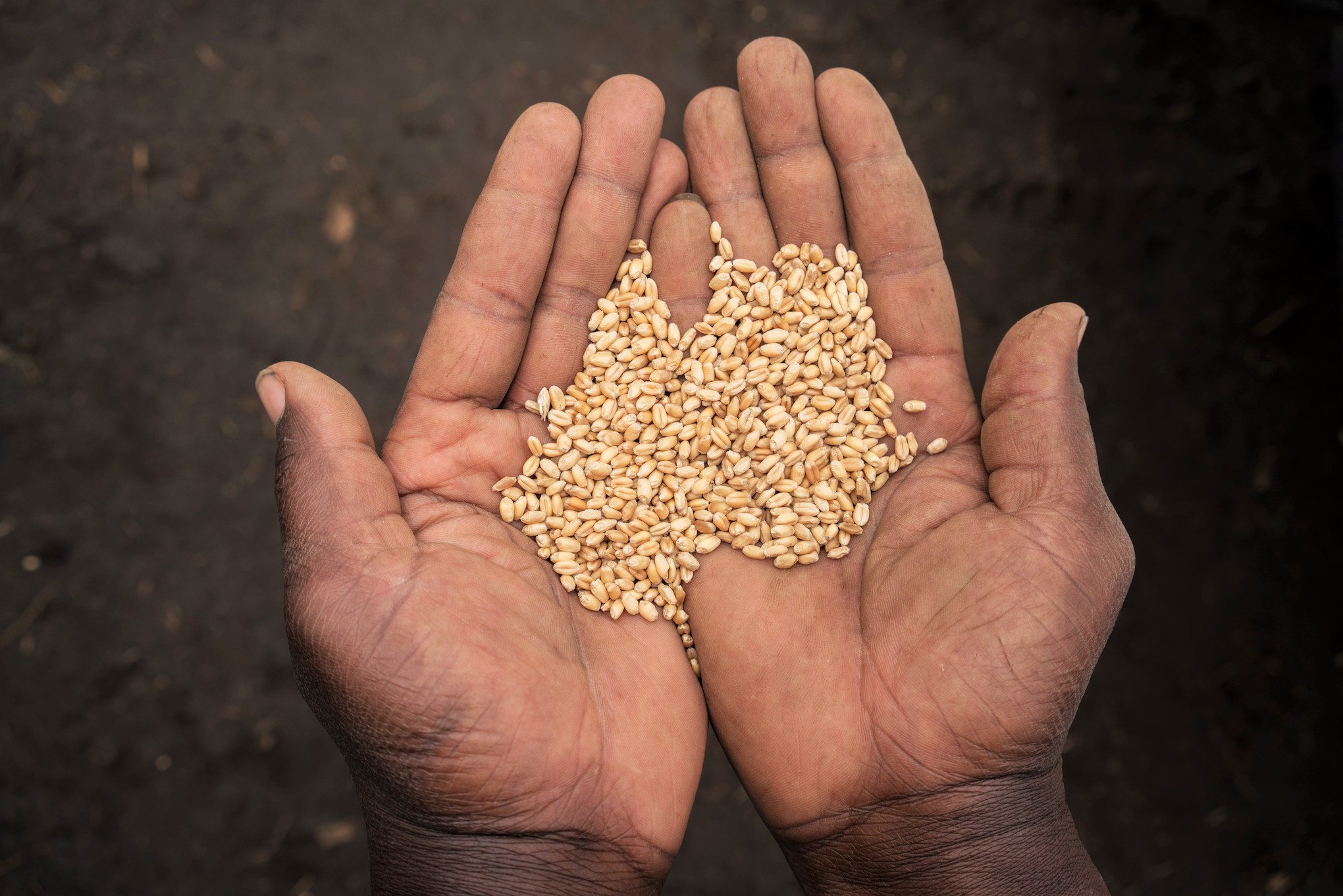
Maize and wheat provide vital nutrients and health benefits, making up close to two-thirds of the world’s food energy intake, and contributing as much as 70 percent of the total calories in the diets of people living in developing countries, according to the U.N. Food and Agriculture Organization.
Given the significant role the two food staples play in the human diet, earlier this year, the International Maize and Wheat Improvement Center (CIMMYT) asked social media followers to submit their favorite maize and wheat recipes. These contributions are now compiled in the “A Grain a Day” recipe book, published to coincide with World Food Day on October 16.
Scientists at CIMMYT are working to ensure the ongoing production of high-yielding, disease-resistant varieties of maize and wheat to improve both the quantity and nutritional quality of these crops.
Globally, an estimated 800 million people do not get enough food to eat and more than 2 billion suffer from micronutrient deficiency, or “hidden hunger,” according to U.N. food agencies.
One in nine people worldwide are chronically undernourished and more than one quarter of children are too short for their age, as a result of nutritional deficiencies, according to a new report from the International Food Policy Research Institute (IFPRI).
Almost half of all child deaths under age five are due to malnutrition, which kills about 3.1 million children per year, IFPRI reports in the 2015 Global Hunger Index.
Improving the micronutrient content of crops through biofortification can help tackle hidden hunger and improve human health.
Biofortification is method whereby scientists combine conventional plant breeding and lab work to improve the micronutrient content of maize and wheat. At CIMMYT, this process is being used to boost pro-vitamin A and zinc levels in maize and iron and zinc concentrations in wheat.
Share pictures of any recipes you create from the book via the @CIMMYT Twitter feed, using the #GrainaDay hashtag.

 Nutrition, health and food security
Nutrition, health and food security 
